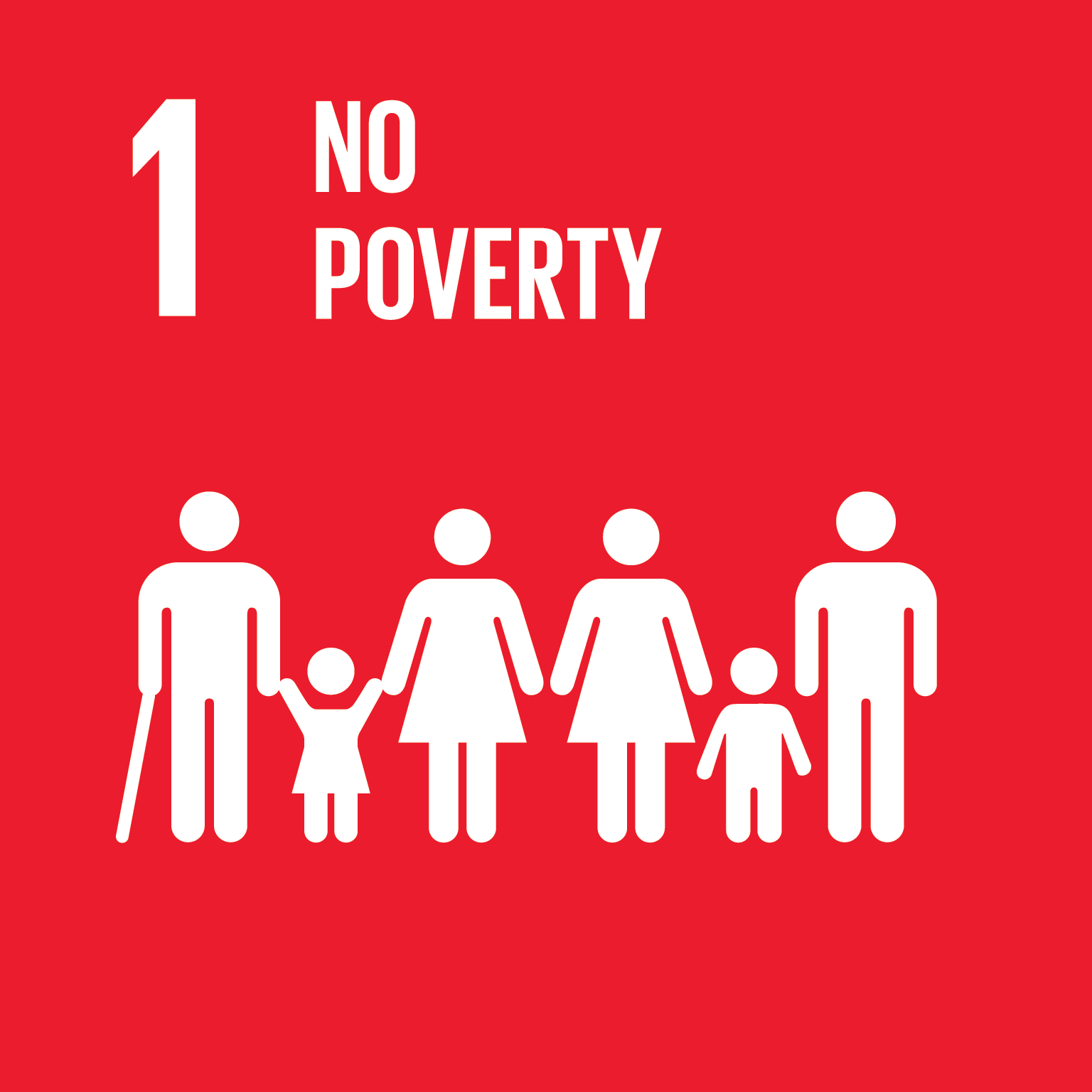 Family Farming Project in Guinea-Bissau
Family Farming Project in Guinea-Bissau
Family Farming Project in Guinea-Bissau
Family Farming Project in Guinea-Bissau

Challenges
The recent civil war has negatively affected the farming sector in Guinea Bissau. It damaged large areas of arable land and displaced thousands of farmers from their areas of work. Frequent drought and flooding in low-lying areas have had a disastrous effect on the country’s agricultural sector and other environmental issues have negatively impacted food production. These difficult conditions facing the agricultural sector in Guinea-Bissau threaten the livelihoods and food security of smallholder family farmers.
Towards a Solution
Supported by the Kuwait Fund for Arab Economic Development (KFAED) and the International Fund for Agricultural Development (IFAD), the Family Farming Project introduces an integrated approach to family farming in rural areas in North and East Guinea-Bissau through strengthening agriculture, providing integrated markets and food and addressing climate change. These actions are in accordance with the priorities set by the government in its 2019-2024 Strategic Plan, which emphasizes increasing the income and dietary diversity of rural families in a sustainable manner. The project contributes to six of the Sustainable Development Goals (SDGs): 1, 2, 5, 8, 13 and 17.
The project involves forming water and natural resource user associations and supporting and rehabilitating infrastructure in agricultural areas, including 175 kilometres of road and rehabilitating irrigation and drainage facilities for about 17,500 hectares of agricultural land. The project will also increase market opportunities (by a proposed thirty percent) by modernizing three semi-wholesale markets, five weekly markets and two crop collection centres. Moreover, 1,200 rural small enterprises, mainly cooperatives, will be supported to raise the nutritional value of crops and improve incomes, including of women, youth, people with special needs, returning migrants and smallholders. A project management unit will be created and will prepare designs and supervise project implementation.
The project is expected to increase the income of 80 percent of the targeted producers by developing cultivation on 14,000 hectares of highlands and 3,500 hectares of lowlands, diversifying production and increasing average productivity by up to 30 percent. In addition, 50 percent of targeted households are expected to see improvements in their food security.
IFAD’s role is project implementation, jointly with the government of Guinea-Bissau, and follow up. This includes collecting information and preparing studies in cooperation with water users and farmers associations and analysing natural resources for the purpose of selecting roads and markets to be rehabilitated. The studies and data will form the basis for preparing the required designs, supervision and implementation services. IFAD will also provide education and training services to farmers in the areas of agriculture, irrigation, marketing and other services covered by the project.
A substantial challenge faced by this new project was evaluating the project virtually during the COVID-19 pandemic shutdown period. The Kuwait Fund held numerous virtual meetings to acquire the needed information and work with IFAD, which helped to access many details related to the project and exchange information.
Low-income developing countries can adopt this project under certain conditions. It requires a clear project strategy, a feasibility study and clear goals of what are the benefits of financing the project and what are the social and economic returns expected from the project.
Contact Information
Countries involved
Supported by
Implementing Entities
Project Status
Project Period
Primary SDG
Primary SDG Targets
Secondary SDGs
Secondary SDG Targets
Similar Solutions
| NAME OF SOLUTION | Countries | SDG | Project Status | |
|---|---|---|---|---|
Accelerator Labs Network Following collective intelligence methods to address emerging sustainability challenges and the growing demand for local solutions |
Guinea Bissau, Kuwait | 08 - Decent Work and Economic Growth 13 - Climate Action | Ongoing | View Details |
Adaptation of 3PA to Urban and Displacement Settings Using South-South and Triangular Cooperation in World Food Programme Three-Pronged Approach capacity strengthening through cross-learning initiatives |
Guinea Bissau, Kuwait | 02 - Zero Hunger | Completed | View Details |
Addressing Racial and Ethnicity-based Discrimination and Strengthening the Protection of Rural Afro-descendants UNFPA supports data disaggregation as a tool to fight racism and ethnic discrimination |
Guinea Bissau, Kuwait | 01 - No Poverty 02 - Zero Hunger 03 - Good Health and Well-being 05 - Gender Equality 06 - Clean Water and Sanitation 11 - Sustainable Cities and Communities 16 - Peace and Justice Strong Institutions | Ongoing | View Details |
Addressing Water Pollution and Supporting Water Management in Arab Countries Training and collaboration for improved water management in arid to semi-arid areas |
Guinea Bissau, Kuwait | 17 - Partnerships for the Goals | Completed | View Details |
Adolescent Nutrition Programme to Address the Triple Burden of Malnutrition in Indonesia Nourishing today’s teens and tomorrow’s future in Indonesia |
Guinea Bissau, Kuwait | 02 - Zero Hunger 05 - Gender Equality | Completed | View Details |